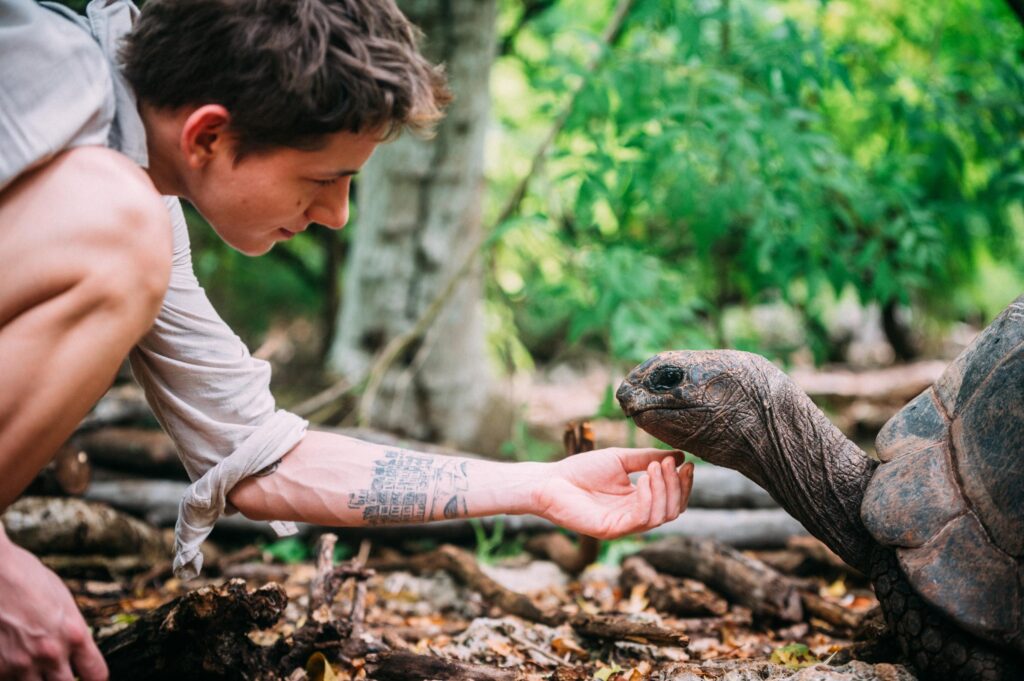Wisdom in Scales: Elderly Reptile Care 101

Having a pet by your side through the years is a wonderful feeling, and it’s one that isn’t diminished whether that pet has scales, fur, or feathers. When a pet is there with you through thick and thin, you want to give them the best. Elderly reptile care is a topic that doesn’t get a lot of attention, but BEEVET Animal Hospital knows just how important it is. Learn how to support your geriatric reptile in a way they deserve.
The Reptile Aging Process
Some species of reptiles have a fairly short life span, but many of our scaly buddies live for quite a long time. Some of the larger lizards can live over twenty years, and tortoises are known to hit the centenarian mark.
Reptiles, like many other animals, do not always show obvious signs that they are aging. Getting older can make them easier targets for predators. Who can blame them for not asking for help?
It is important for us as pet owners to notice, though, as the aging reptile will have some special needs that require our help. Beaks and claws may overgrow, coloring may become less intense, bones and muscles become weaker, and reflexes may slow. Making the accommodations for your senior reptile can help them thrive.
All About Senior Reptile Health
Reptile medical needs are a little different from other pets, and elderly reptile care is even more specific. Be sure that you are doing right by your senior reptile’s health by:
- Keeping up on wellness exams: Regular veterinary wellness exams allow us to better know your pet, and give us the opportunity to detect problems. They also provide space to have an in-depth discussion about your pet’s care.
- Providing ideal husbandry: Proper housing, temperature, humidity, diet, sanitation, socialization, and exercise is important for any pet, but even more so to understand for geriatric reptiles.
- Assessing nutrition: As they age, reptiles tend to feed less often. Feeding more frequent, but smaller meals, can help ensure the nutrition that they need. Turtles and tortoises may need their leafy greens chopped up. Sometimes appetite stimulants are needed. You also want to be sure that your aging reptile is getting enough calcium and vitamin D3.
- Screening for parasites: Intestinal parasites are common in reptiles. Hookworms, pinworms, and tapeworms can cause weight loss and overall poor health. Frequent fecal exams should be performed in all reptiles.
- Supporting immune function: As reptiles age, their immune system often weakens. This makes them more prone to illness and disease. Adequate exposure to UVB light is helpful. Hydration and proper humidity levels also support a healthy immune system.
- Aiding mobility: Weaker bones and muscles and overgrown nails and beaks can impede mobility and increase the risk of injury. Provide your senior reptile with accessible inclines and easy access to all the areas of their enclosure.
Elderly reptile care involves a little effort, but between your educated care and our help, we hope that your senior lives a long and healthy life. With the right care, your pet can live many years to come.
